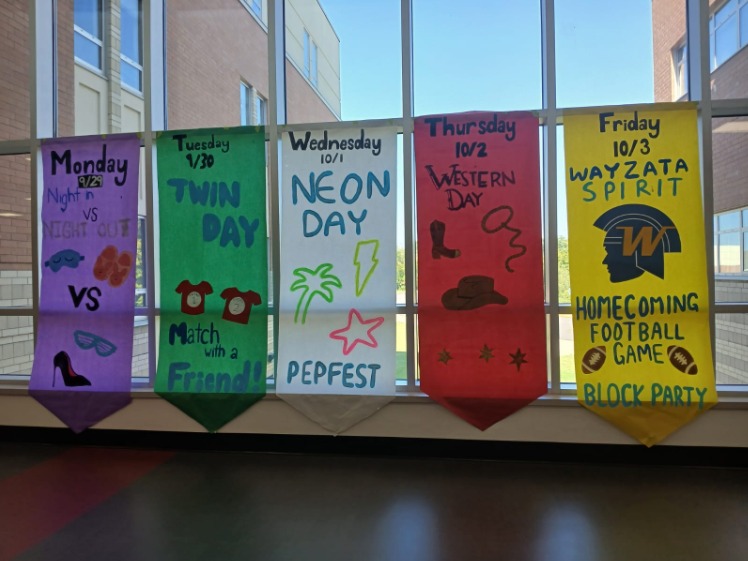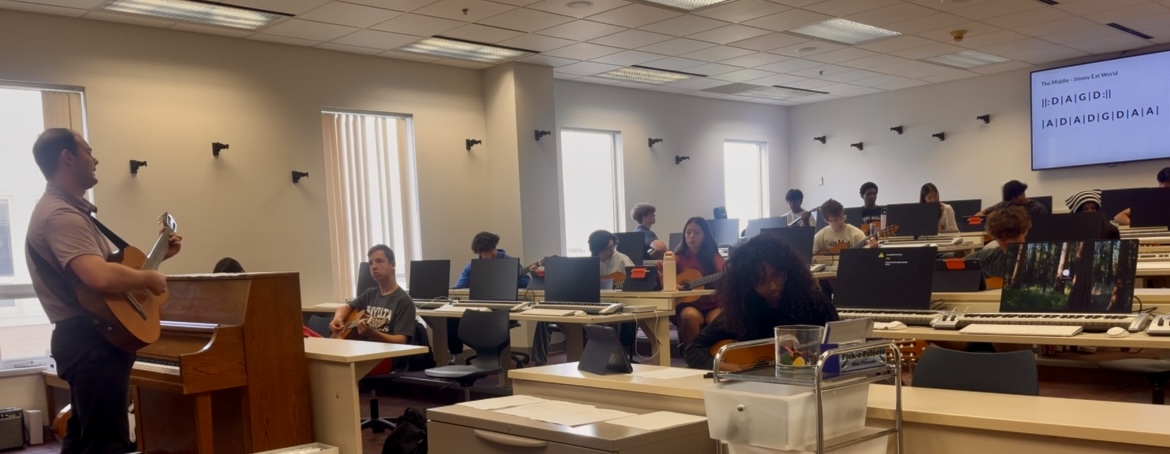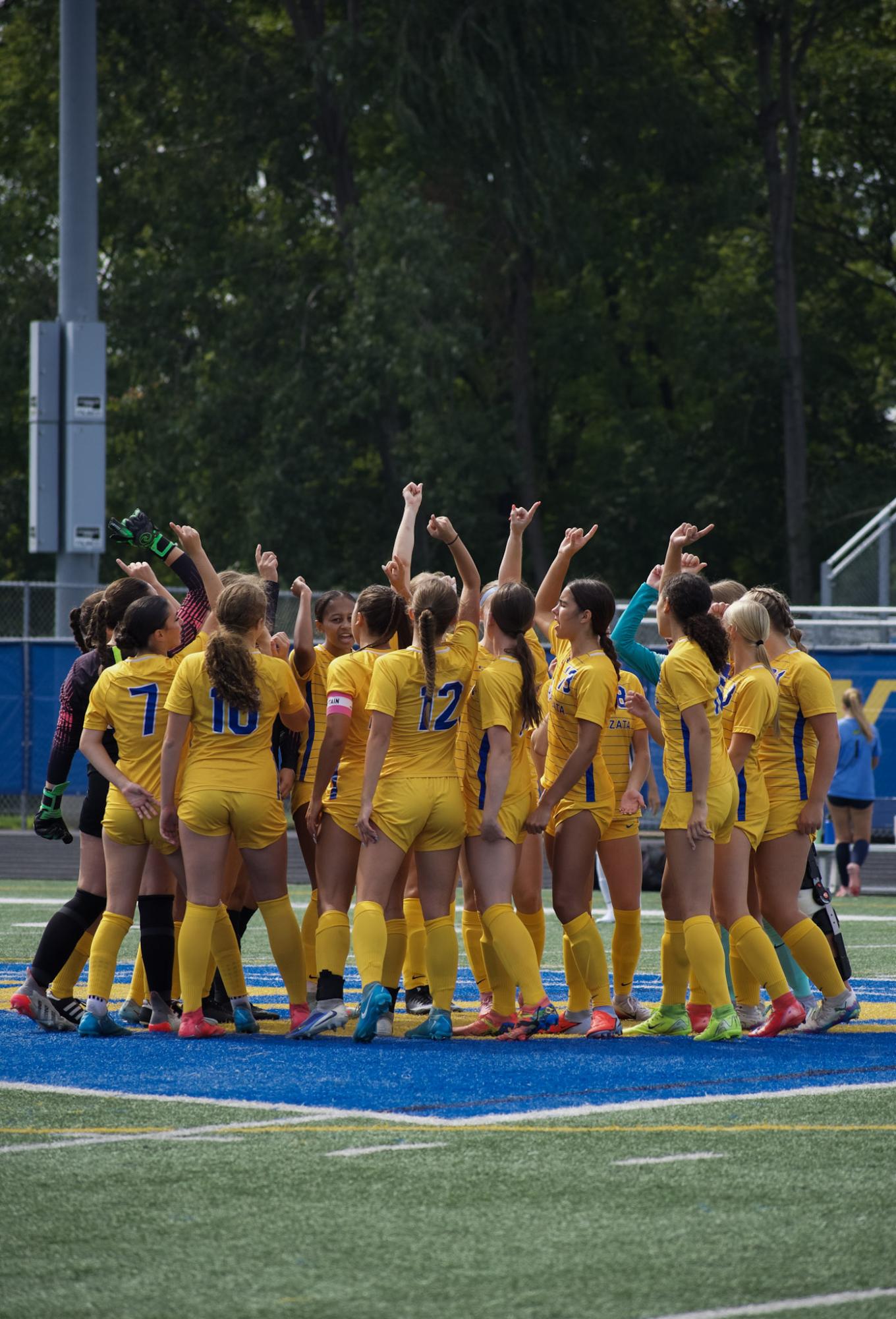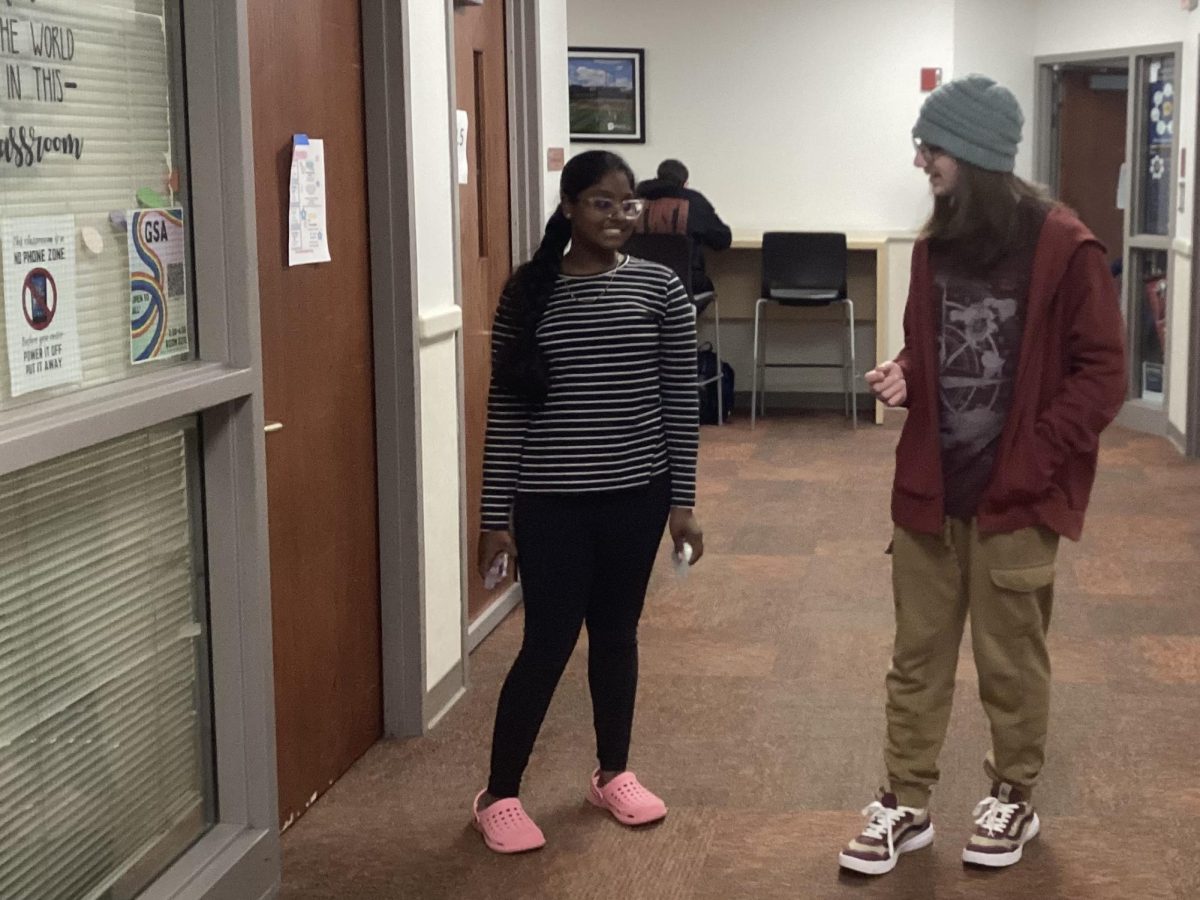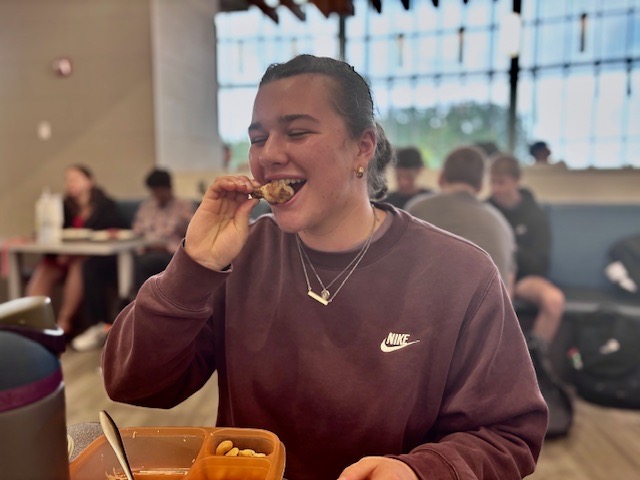All students interviewed for this article will be kept anonymous.
When you think about autism, what do you imagine? Many people have a rigid idea of what autism looks like, often imagining those more visibly disabled. But that’s not the only type of autistic people.
Low Support Needs (LSN), also called high functioning, refers to autistic people who require less support in their day to day life. This doesn’t mean that they are any less autistic, or that their support needs are any less important.
Due to the fact autism is a spectrum, two different autistic people can have completely different experiences and symptoms. As such, support labels are also used to describe specific symptoms.
Within WHS LSN students are general ed. However, some LSN students also take a course called “Social Management” throughout their school careers.
One of Social Management’s teachers, Renee Heiland, said social management teaches “[…] a wide range of social skills and social thinking, which can include inferential, dealing with inferential information, perspective-taking, and a lot around nonverbal language as well.”
Social Management’s other teacher, Nicole Delorme, said that Social Management also focuses on helping students with “[…] building friendships, working on executive functioning skills, providing homework time for students because we want them to be successful in their other classes.”
“[…] we’ve done a little bit of career exploration. This year, we talk about sexual health in our curriculum.” Delorme also mentioned, “[…] we just want students to feel best prepared for the world ahead and the world they’re living in now.”
The first 20 minutes or so of class follows a weekly schedule. Monday has students share about their weekend and discuss a social scenario shown in a photo. Tuesday and Wednesday have a lesson following a monthly theme. Thursday gives students time to work on homework for other classes. Friday is a “Game Day” where students play board games with each other to practice social interactions.
Afterwards students are free to spend the rest of the block however they want.
“If we’re looking at just purely the education, it is very, very effective.” One student, Student A, said. “Personally, though, I would say that I don’t benefit from it too much other than the fact that it’s primarily just a study hall. Cause most of the stuff they teach me […] I’ve already kind of learned through experience.”
“The lessons aren’t always the most useful, sometimes it’s just stuff you’ve learned from experience, but I do find value in a decent chunk of them,” Another Student, Student B, said.
When asked what Social Management helps students with the most, Delorme said “[…] I would hope [students] would say building connections with other people.”
While all students did mention Social Management helping them build friendships; the sophomores interviewed feel that Social Management gives them more support academically.
“[Social Management] helped me with getting prepared for the beginning of the day.” Student A said “[…] I need a little bit of time to get into a proper mindset for school and education.”
Another student, Student C, said Social Management helped them with time management.
Student B, a senior, was the only student interviewed who felt Social Management gave more support with making friends over academics. “I’ve met probably my entire friend group in this class. It’s nice to have a sorta community with other people that have similar struggles to me.”
“[…] I think social thinking is sometimes not put in the same category as some of the stronger academics. You know, that they would say math, reading,” Heiland said. “However, social thinking and perspective is such an essential part of someone’s life, and it’s so key to whatever your goal is after high school, where you use it in a job or with others.”
“People seem to try to fit [autistic people] in two sorta boxes. Either we’re super savants who can solve the most insane problems. Or we’re just children, or an animal, and we’re so innocent and don’t understand anything,” Student B said. “Sometimes people find a way to make us be both of them at the same time somehow.”
“We’re still people though, you know,” They continued. “We are flawed and make mistakes.”
“[…] I have a lot of complex, nuanced thoughts a lot of the time that I ultimately have problems trying to convey in words,” Student A said. “[…] I will have these thoughts about what we would do with the world or what I want ultimately, and I’ll be like, oh, yeah, I think XYZ, without any real conviction.”
“[…] Like if somebody’s asking me like, ‘Hey, how’s the weather?’ I already know from experience of people asking me before, I know I already have a few preset answers. Not like a strict script. But I have an idea, ‘Oh, what’s the weather?’ ‘Oh, it’s very foggy outside.’” They explained. “But if you’re asking me, ‘What, what do you want in this country?’ I’ll be like, ‘Um, nobody’s asked me that before. I’m going to need a few minutes to think about that.’”
“I always wish people understood more about my class and my students because they are some of the most interesting, intelligent, and creative students in our school.” Heiland said. “However, sometimes it can be really hard for others to, especially when there’s a social barrier, to make that connection.”
“[…] [Social Management’s] no different than taking chemistry or biology or algebra […] we’re just another course out there.”

